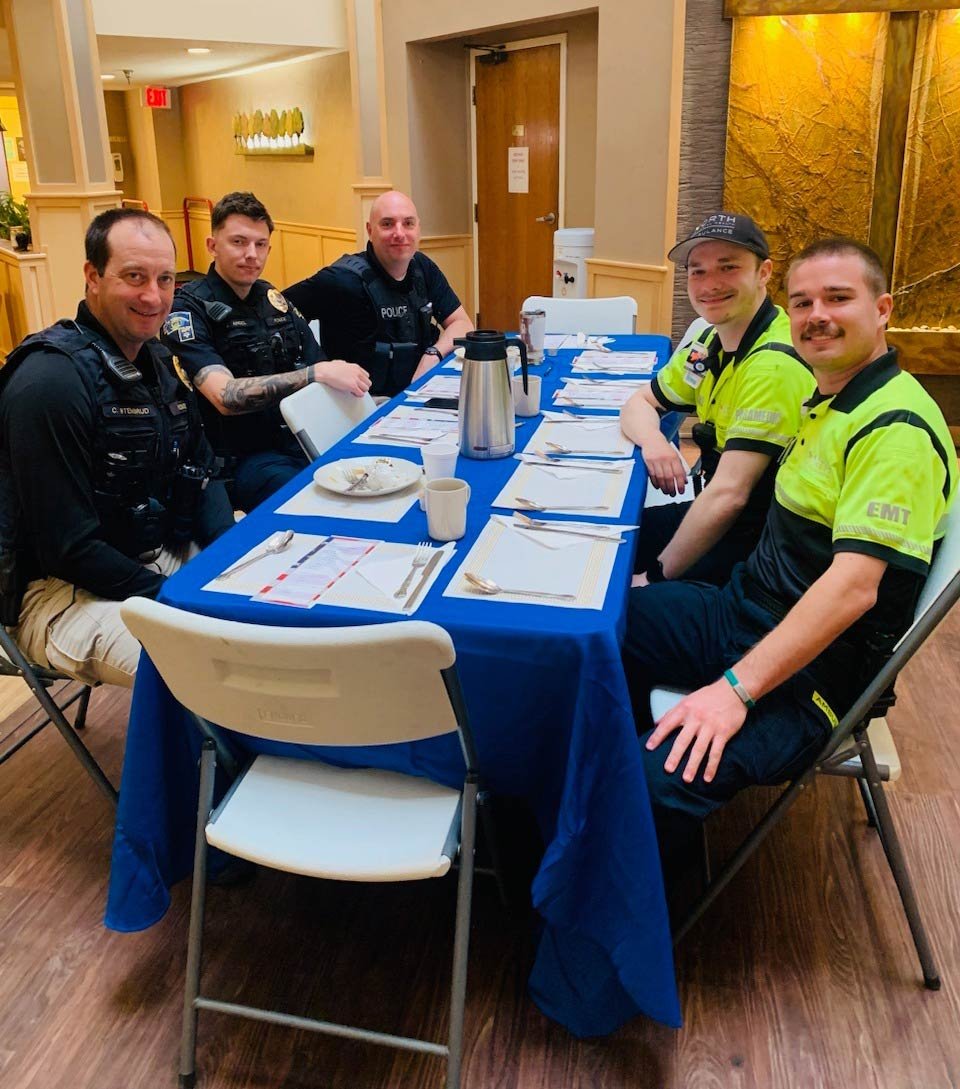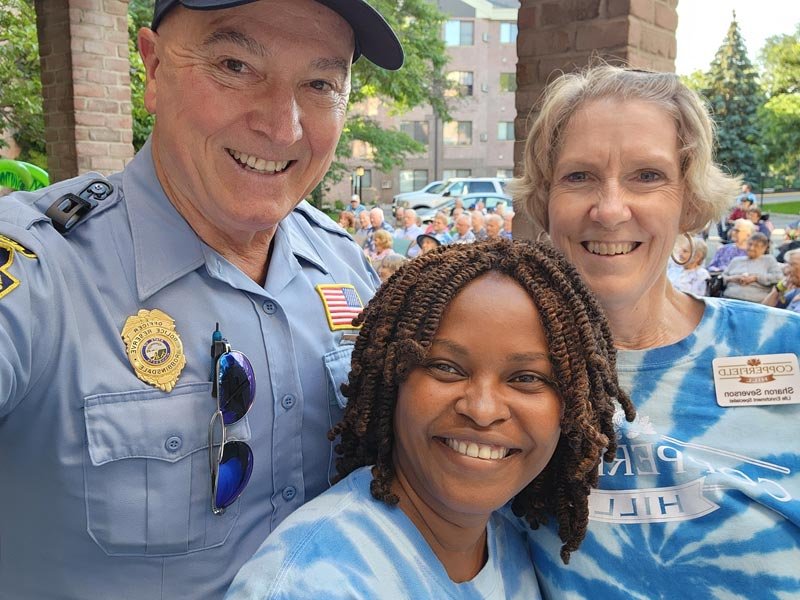Copperfield Hill Blog:
Community news and insights

Breakfast with Our Everyday Heroes at Copperfield Hill
This morning, Copperfield Hill hosted a special First Responders Breakfast to honor our local heroes.

Enjoying National Night Out 2024 at Copperfield Hill
This year’s National Night Out was a wonderful celebration of our vibrant community!
